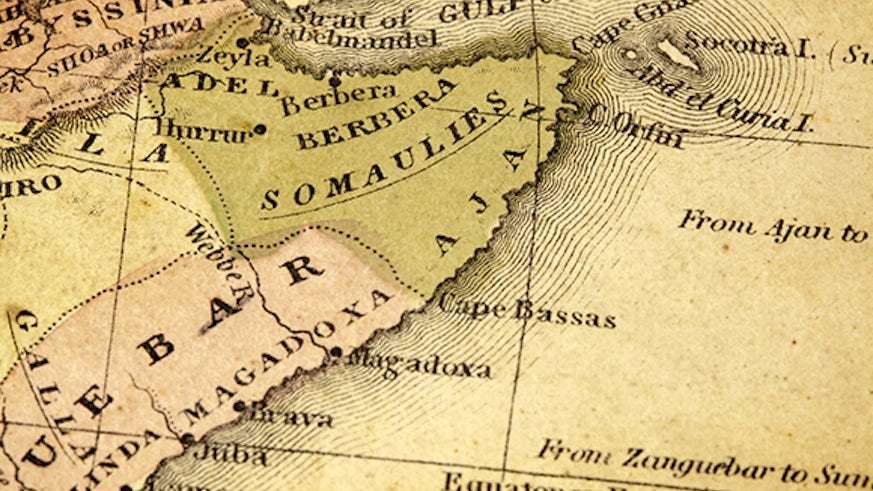Lessons from piracy
5 March 2015

The Counter-Piracy Governance Project based in the Department of Politics and International Relations has been selected to manage the website and the archive of the Contact Group on Piracy off the Coast of Somalia (CGPCS). The CGPCS is a global governance mechanism that was created to better coordinate the response to piracy off the coast of Somalia. Over 60 states, international organisations, NGO’s and the transport industry participate in this international organisation to develop shared and coordinated responses to piracy. The ESRC-funded Counter-Piracy Governance Project [ES/K008358/1] has worked with the CGPCS participants since 2014 in a Lessons Learned project.
This January the principal investigator of the project, Dr Christian Bueger, also gave a briefing on the lessons from piracy to NATO’s Operations Policy Committee. Drawing on the results of the ESRC project and the Lessons Learned Project of the CGPCS, he stressed the future role that experimental security governance systems can play, the potential of multi-layered approaches and the importance of day-to-day coordination to enable a culture of trust and confidence. He suggested that piracy is a powerful reminder of how vulnerable the backbone of globalisation, the international sea, is. If the challenge of the 1990s was how to deal with the new wars, and the challenge of the 2000s was how to respond to international terrorism, the challenge of this decade is how to respond to maritime insecurity. In consequence, more energy is required for understanding the implications of the new maritime security agenda for international security.
For more information on the Lessons Learned Project please visit their website.